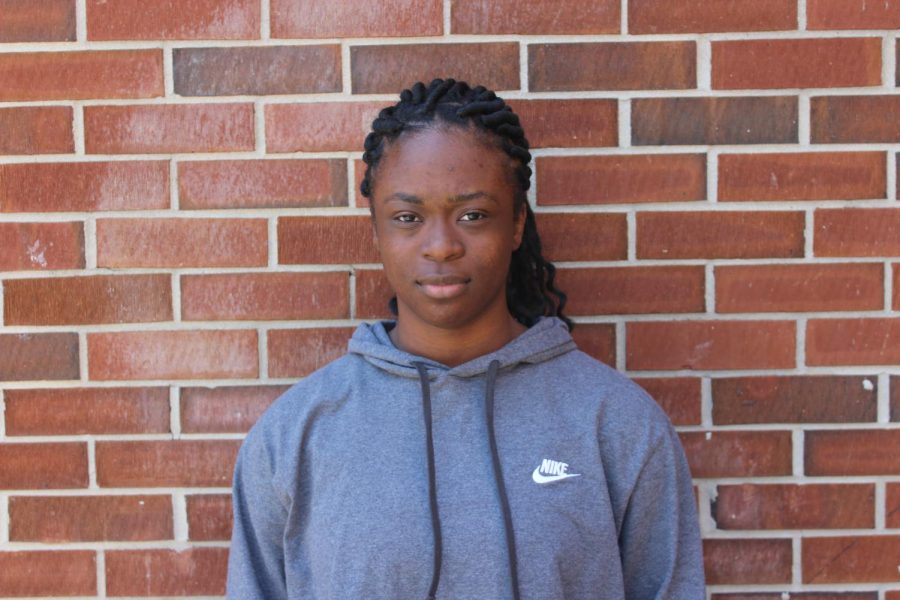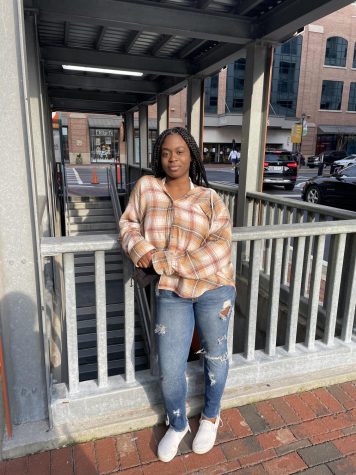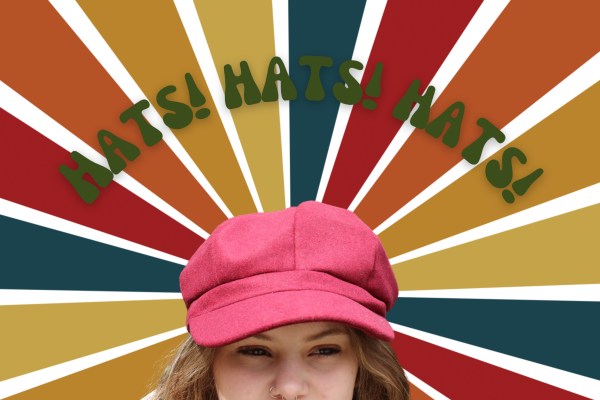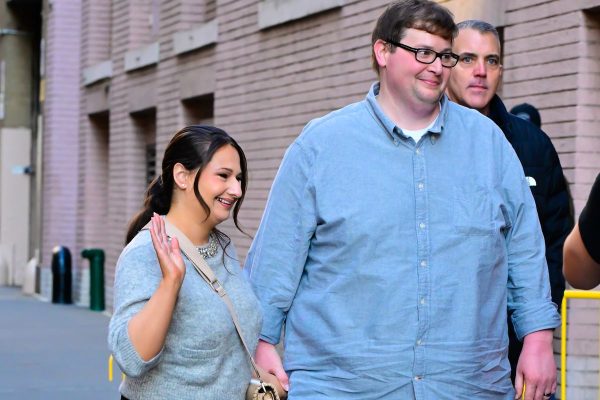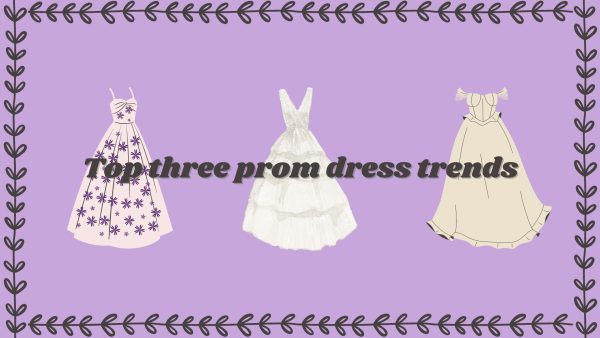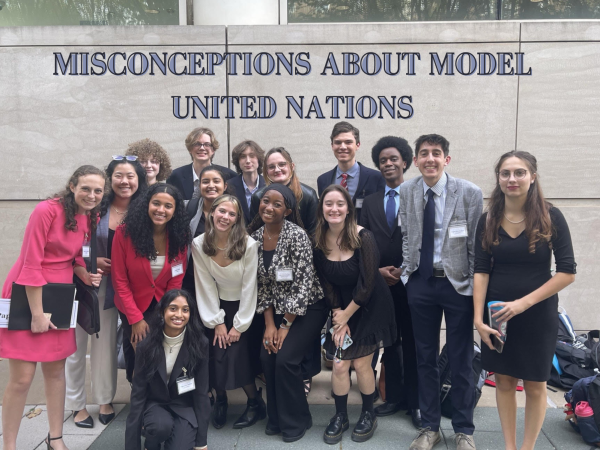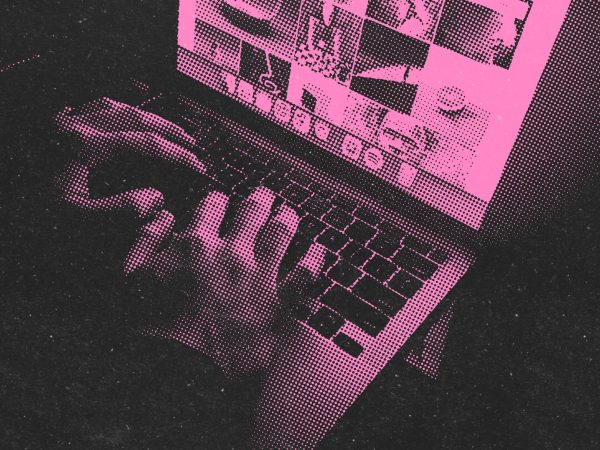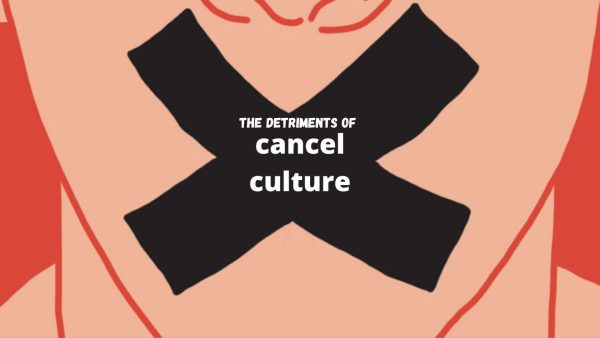The double standard of hair
January 31, 2020
People all over the world come in different shapes, sizes, colors and even hair textures. Seeing someone with different physical characteristics can spark interest in onlookers, causing them to raise and ask questions that come from a place of enthusiasm. However, this interest and fascination can also lead to conflict. A misplaced attempt at appreciation or mockery usually turns into cultural appropriation.
The issue of cultural appropriation, taking a culture and claiming or renaming it without the right or consent of those in said culture, continues to gain more negative attention in recent years. The issue began to rise when social media users noticed old and current pictures of celebrities’ interviews or outfits. Fashion supermodel, Gigi Hadid, received major backlash for wearing dreadlocks and an Afro on the runway in 2017. When someone speaks of cultural appropriation, the topic of hair somehow always sneaks its way into the conversation.
For years, people outside of the black community deemed cornrows, wigs, weaves and other protective hairstyles as ghetto and inappropriate. Today, those same people decide to put perms, box braids and cornrows in their hair: non-black celebrities like Kim Kardashian, Gigi Hadid, Christina Aguilera and others do just that, receiving heaps of praise and approval for their willingness to wear these styles. Meanwhile, the average working black woman often receives backlash and even disrespect from others for simply showing off a piece of their culture. When Kim Kardashian decided to wear Fulani braids back in 2017, she took it upon herself to rename the style ‘Bo Derek’ (after the actress) braids; this rightfully caused an upset in the black community, with Kim apologizing almost instantly.
“I’m reassured that I’m a second class citizen to these people. People don’t understand that every physical part of me (and other black women) is sensitive and important,” NC senior Cami Smith said.
With the praise coming toward non-black women and their hair, black women receive the short end of the stick. In recent years, both black men and women lost jobs and opportunities because of their hair. In 2019, former Mississippi news anchor Brittany Noble lost her job due to her refusal to straighten her hair. Noble’s boss, who already gave her permission to wear her natural hair, later received mail and emails from viewers regarding her decision. This later caused Nicole to lose her job.
“Yes hair is just hair, but it’s also a respect thing. I’m not a black woman, but I know that having someone disrespect my culture would set me off. Wearing your hair a certain way isn’t a crime, but renaming and being put up on a pedestal when you know that there’s [sic]other people being put down for it isn’t okay,” NC sophomore Gabrielle Jaramillo said.
One may argue that anyone can wear a hairstyle, a true statement. However, the issue presents itself when a double standard drives a rift between women of different races. Accepting people will ultimately serve as the solution to an ignored problem. Whether someone wears their hair, straight, curly, wavy or in a weave, one’s hairstyle should not determine the type of treatment they receive from others.




